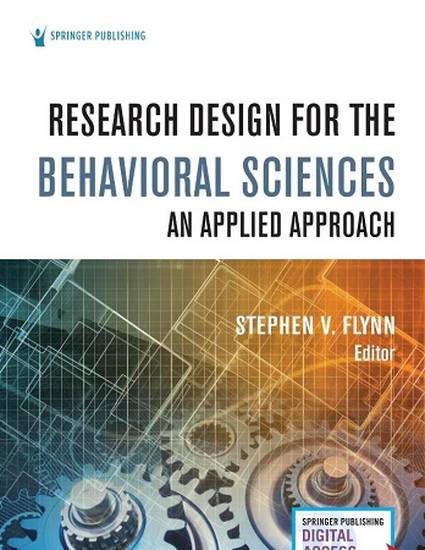
Contribution to Book
History of Research in the Social Sciences
Research Design for the Behavioral Sciences: An Applied Approach
(2022)
Abstract
Understanding the various epistemological and ontological approaches and reflecting on your own beliefs about the nature of existence and truths is paramount as these views assist in guiding your research paradigm selection. A research paradigm acts as a web that holds a system of ideas or assumptions about existence and truth, research theories, research strategies, and research methodologies (Fossey et al., 2022). The paradigm you select for your research often indicates your view of the world and the question you are trying to answer. The essence of a strong research design is the congruence between the researcher's beliefs about the nature of existence and its relationship to creation of new knowledge with a particular research. As a review, a traditional research paradigm includes five components: ontology (i.e., form and nature of reality); epistemology (i.e., theory of knowledge acquisition); theoretical stance (i.e., philosophical stance); methodology (i.e., process for discovering what is knowledgeable); and method (i.e., procedures for gathering and analyzing data; Flynn & Korsucka, 2018a, 2018b; Flynn et al., 2019). In this chapter, we explain all the different forms of each of the components. It is important that your research paradigm is congruent with your research approach. For example, if you are interested in learning more about the experiences of professionals in your field to better understand a particular phenomenon, a positivism or post-positivism theoretical stance might not fit your research question or your research methodologies. Instead, your paradigm would likely be based in a relativist ontology using a theoretical stance within the constructionism epistemology. However, if you wanted to examine the impact of a specific intervention on a particular client population then you would be functioning from a realism ontology using a theoretical stance within the objectivist epistemology.
Disciplines
Publication Date
2022
Editor
Stephen V. Flynn
Publisher
Springer Publishing Co.
ISBN
9780826143846
Citation Information
Limberg, Dodie; Guest, Jessie D.; and Gonzales, Shelby K. (2022). "History of Research in the Social Sciences". In S.V. Flynn (Ed.), Research Design for the Behavioral Sciences: An Applied Approach (pp. 43-69). Springer Publishing Co.
